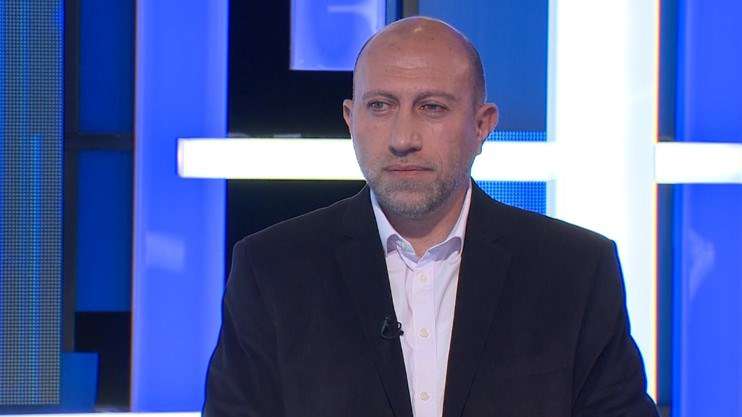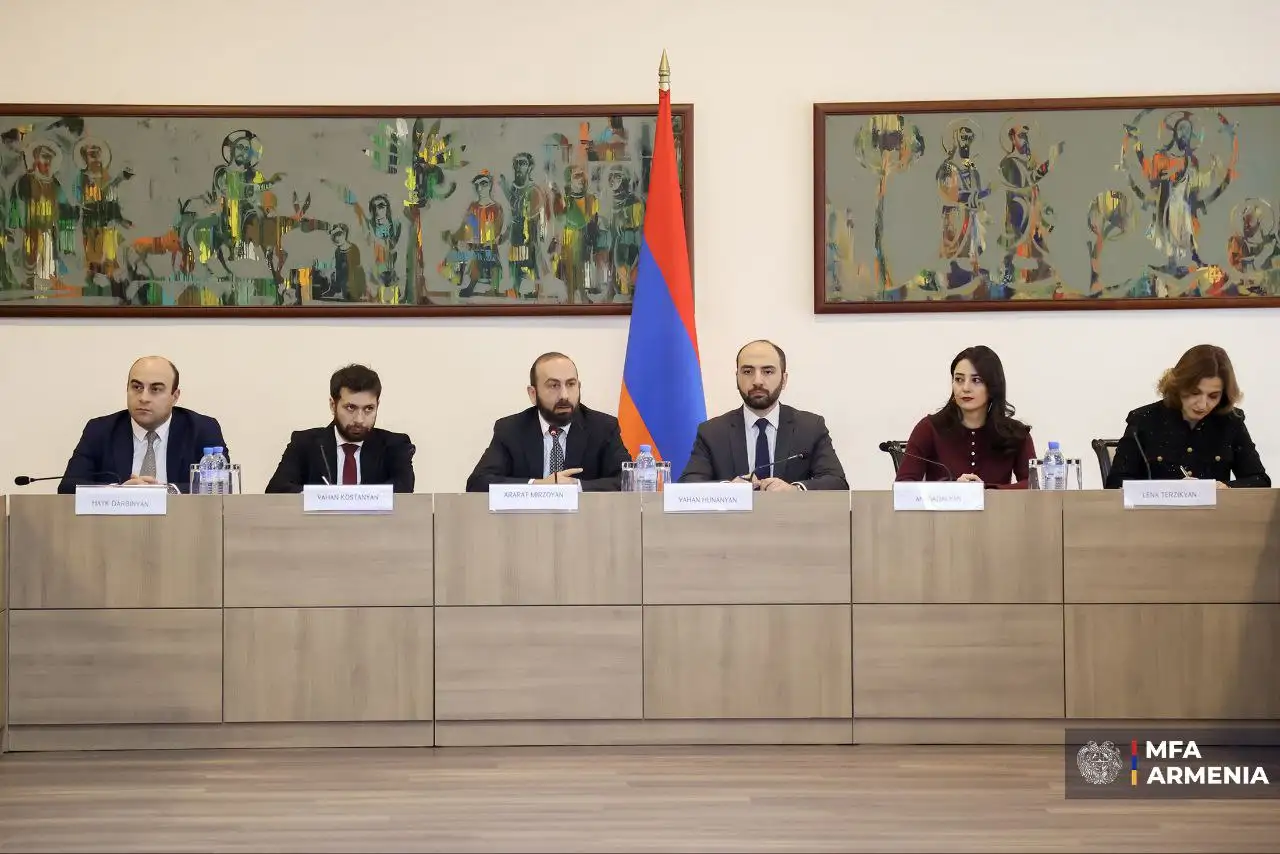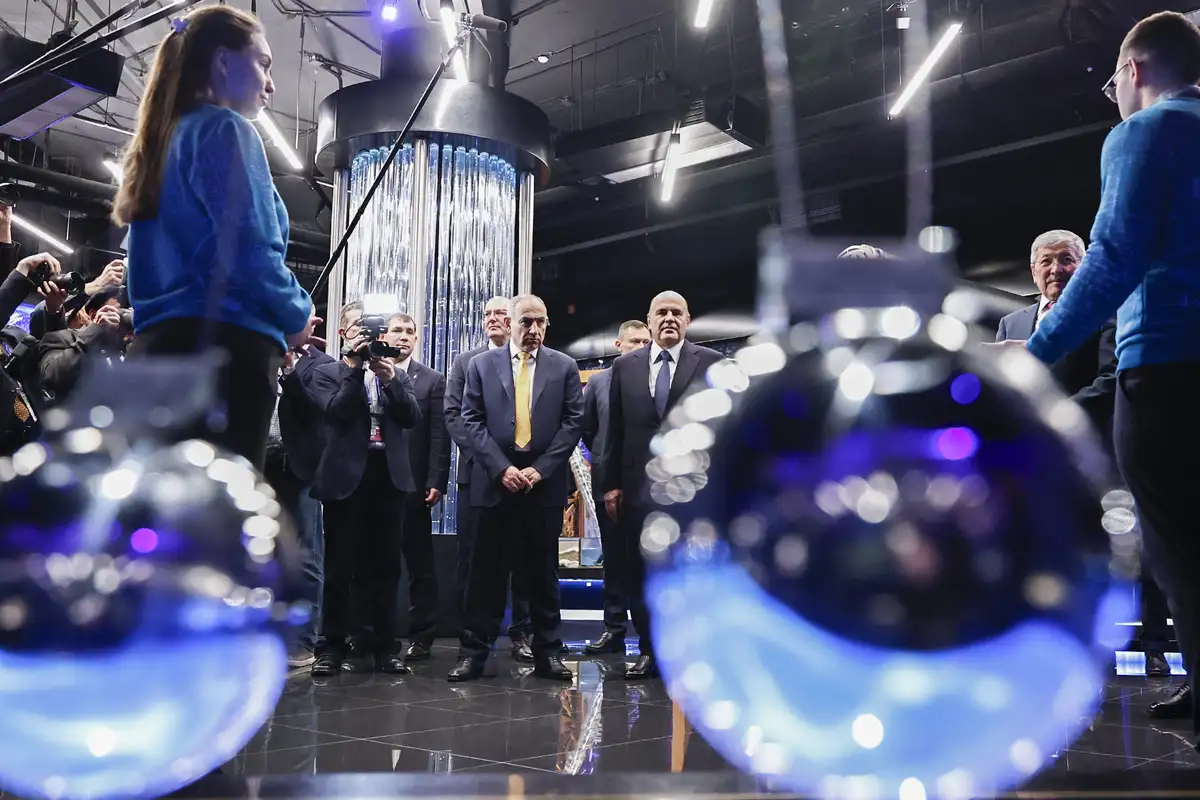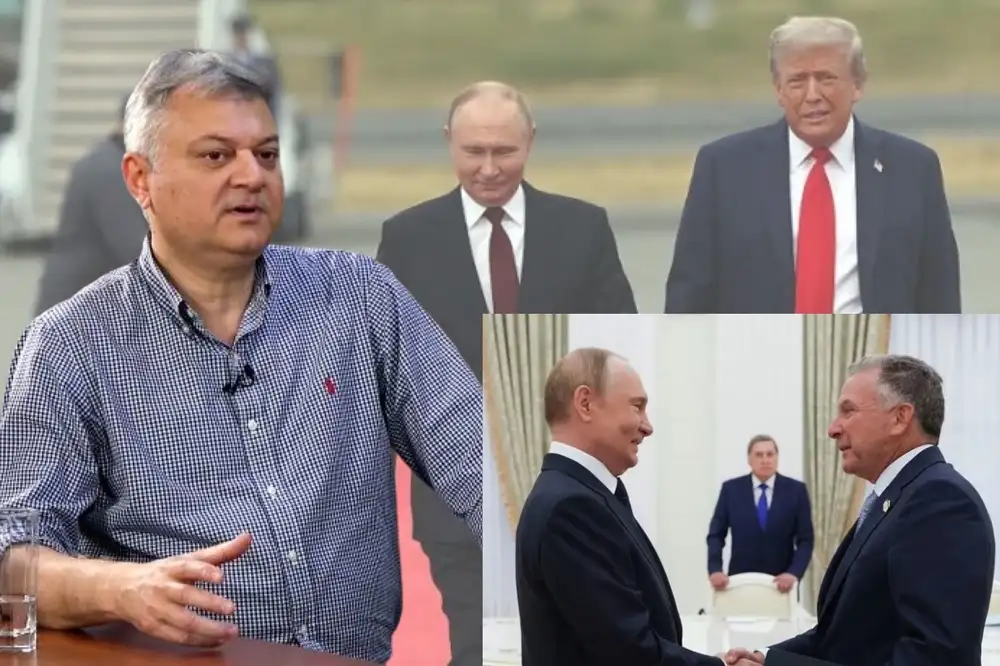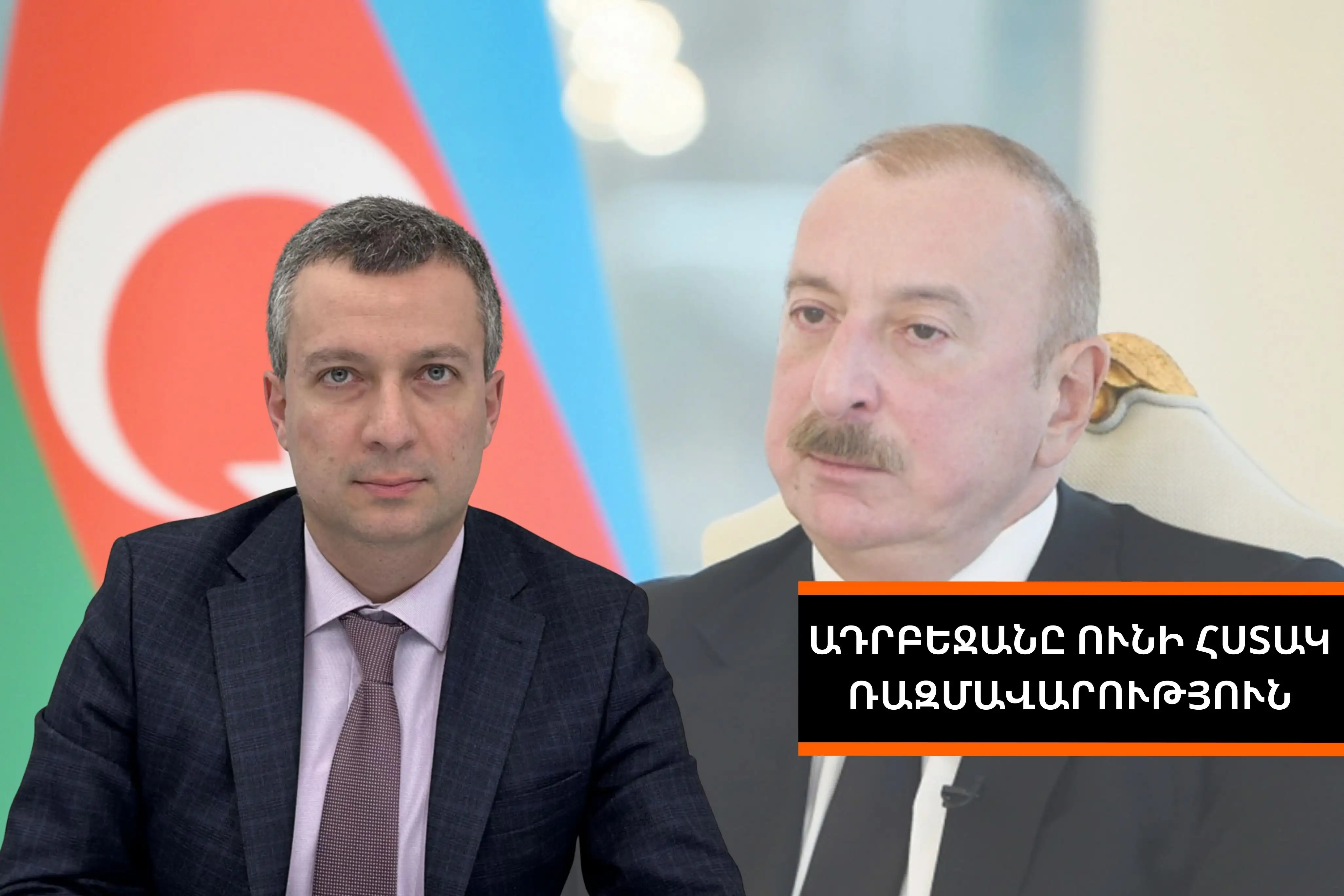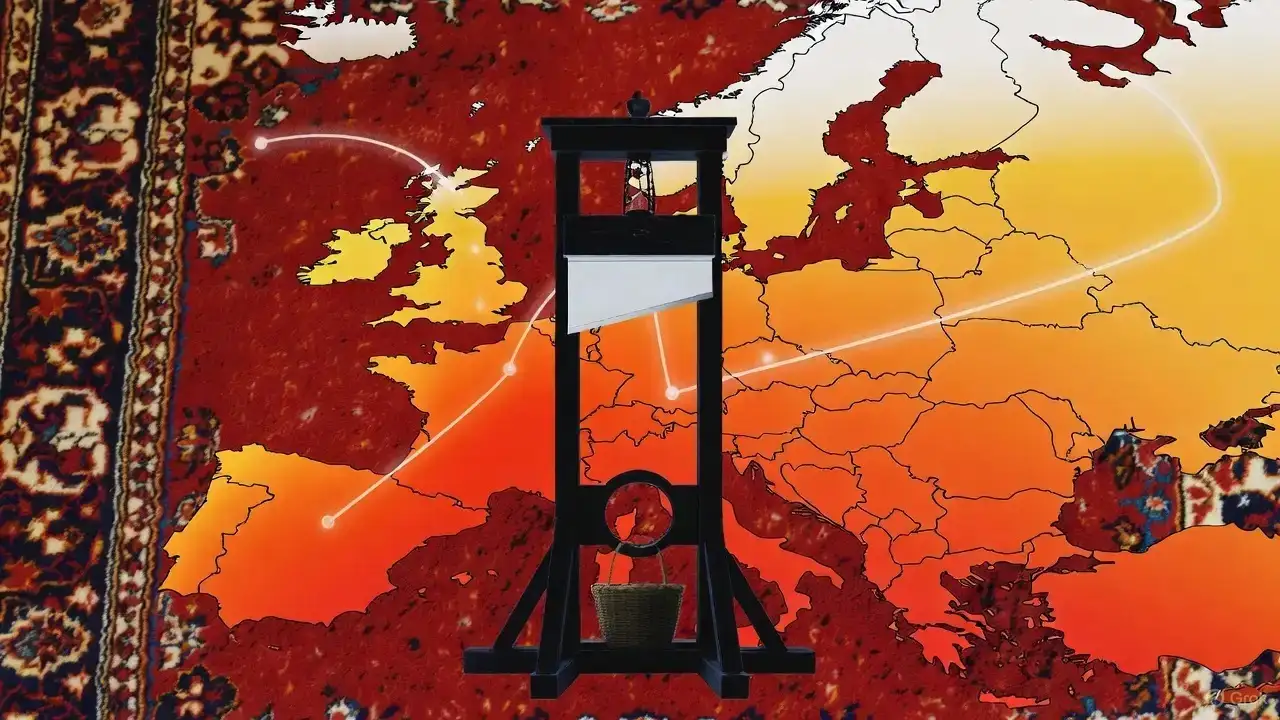Radar Armenia talked with political scientist Hakob Badalyan about regional issues.
- What do the consecutive American visits of the RA Prime Minister, Foreign Minister, and the Secretary of the Security Council already mean today?
- First, it should be noted that these visits were on the occasion of the UN General Assembly, and, at the same time, there is no doubt that the Armenian-American dialogue and the interest of the United States in the South Caucasus region have intensified recently. This is due to the broader strategic interest of the United States in the problem of Iran and Russia. However, this environment should be used to diversify our security mechanisms, at least in the political-diplomatic field. Naturally, this need is because our existing or proper tools related to Russia or the CSTO have low effectiveness for several objective and subjective reasons. There is a need to devitrify them.
- In your opinion, is it forming a new plan in Armenian-American relations or not?
- It isn't easy to talk about the plan of Armenian-American relations today if we evaluate the existing contacts. Because they do not seem to have a clear and complete project, which indicates that the United States is ready to support Armenia and Azerbaijan in reaching a comprehensive settlement through negotiations, and even this circumstance still needs to be detailed, for example, in the sense of what specific proposals the United States has as a mediating party. Not to mention that, in a broad mind, we have a picture of when the so-called Armenian-American relationship has more declarative significance in our socio-political framework than substantive. But there is no doubt that without completing that agenda and equipping it with fundamental mechanisms, we can hardly talk about the progress of Armenian-American effectiveness. I do not doubt that the center of gravity should be a mutual economic benefit because the basis of interstate relations is more practical than mutual benefit. And suppose we are unable to form common deep interests and mechanisms here. In that case, a tremendous prospective dialogue will hardly be achieved, and the Armenian-American conversation will remain more of a process subject to great geopolitical strategic competition.
- What expectations can be had from this?
- What will be the result of this work remains to be seen because the Armenian-American relationship, as a field of work and a future direction, is not at all more straightforward and more accessible than it may seem at first glance, including in comparison to the Armenian-Russian relationship. It is necessary to look at the reality and record that the United States considers the South Caucasus region with complete logic. It is unnecessary to talk about a particular attitude or preference towards Armenia. And from this point of view, we should realistically assess the problems and work towards them without any unnecessary illusions.
- In this context, does Russia have a reason to worry or not?
- Since the subject of the American dialogue or South Caucasus activity is not so clear, it is tough to say whether Russia has reasons to worry or not. In general, we understand what a sensitive situation it is, including on the part of Russia, because, in fact, today, Russia is in a military-political diplomatic war with the West, on the territory of Ukraine, and with broader influence, on the scale of the entire international politics.
Here the problem can be considered from another point of view. In a certain sense, we can consider a scenario when Russia will not be so opposed to a particular deepening of the Armenian-American relationship. Thanks to this, the USA's role in stabilizing the South Caucasus can be increased. Because Russia has big problems in terms of ensuring that stability and solving them, it has to make huge concessions and agreements with Turkey and Azerbaijan. We cannot rule out that Moscow may look with a particular loyalty to the degree of Armenian-American relations, which may lead to the fact that the interest of the United States contributes to the stability or controllability of the situation in the South Caucasus. This may be a short-term effect. And the critical issue here, in terms of Armenian-American relations, is that the Armenian side should do its best not to cause fears in Russia because this could lead to radical reactions and security risks for Armenia, which is unnecessary.
Hayk Magoyan




